I am getting a crash on a iOS 7 app with the following error:
-[NSError release]: message sent to deallocated instance 0x3c443fe0
The error is initiated when I add a call to the following method:
-(void)loadMessages:(NSString*)customerUID {
NSString *formatUID = [NSString stringWithFormat:@"%s%@%s", "'", customerUID, "'"];
formatUID = [formatUID stringByReplacingOccurrencesOfString:@"'" withString:@"%27"];
NSString *servicePath = [NSString stringWithFormat:@"/api/messagerecipient?messageid=null&customeruid=%@", formatUID];
[[RKObjectManager sharedManager] getObjectsAtPath:servicePath parameters:nil success:^(RKObjectRequestOperation *operation, RKMappingResult *messagesResult)
{
NSArray *messageResults = messagesResult.array;
if (messageResults != nil || [messageResults count] != 0)
{
//Add some code here
}
} failure:^(RKObjectRequestOperation *operation, NSError *error) {
UIAlertView *alertView = [[UIAlertView alloc] initWithTitle:@"An Error Has Occurred" message:[error localizedDescription] delegate:nil cancelButtonTitle:@"OK" otherButtonTitles:nil];
[alertView show];
}];
}
I added multiple breakpoints into the code at various points, and it's not returning any error details. Also, nothing in the console log indicates what the problem is (I have added full RestKit logging), just the above NSError release message.
I have also run a Zombie scan in Instruments. It shows the following.
I'm confused because this shows that the zombie is being created by a GSEventRunModal call. When I go to Extended Detail and select the call, it shows the following:
Any pointers would be gratefully appreciated, thanks.
Update: Instrument Extended Details stack trace


